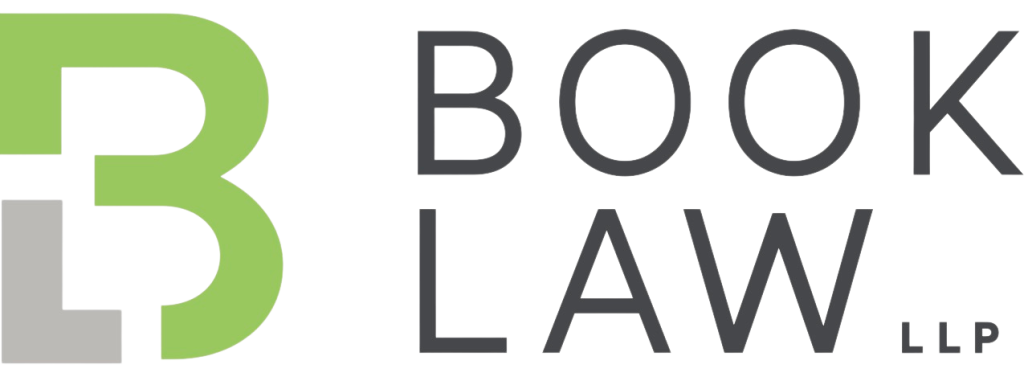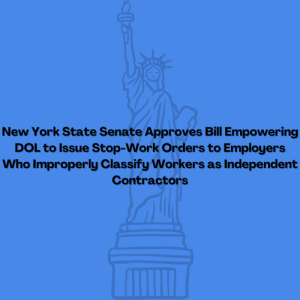An Employer’s Guide to Political Speech in the Workplace
With the 2024 election around the corner, employees with a range of political views are likely to engage in political discussions – both at work and after hours. During a divisive political cycle, where people feel strongly and share different beliefs on various issues, these discussions could be potentially disruptive to workplace harmony and productivity.
So, what can an employer do to minimize workplace strife over political discussions? The answer may depend on whether the employee is a private or public employer, and whether that activity occurs during the workday or on the employee’s own time. Here are some laws and rules to keep in mind:
- The First Amendment does not protect employees of private employers (that is, employers other than federal, state, or local government entities, agencies, or departments).
- Employers can set policies that ban political discussions and other non-work conversations during work hours, to avoid interference with business operations.
- Employers can and should have policies that prohibit harassment and discrimination. These policies can extend to employees’ statements and activities that are during or outside working hours, in person or online, and in business or personal communications, that may affect the workplace.
- Federal and state laws may provide limited protections for employees’ statements and activities.
- Under New York Labor Law section 201-D (NYLL 201-D), employers are prohibited from firing, refusing to hire, or discriminating against an individual for “political activities” or “legal recreational activities” outside of working hours. But NYLL 201-D includes an exception for situations where an employee’s speech creates a “material conflict of interest related to the employers to the employer’s trade secrets, proprietary information or other proprietary or business interest.” What qualifies under NYLL 201-D as political or legal recreational activity or a material conflict of interest have been subject to interpretation by the courts.
- The National Labor Relations Act (NLRA) protects non-supervisory employees who act together or communicate with each other to improve the terms and conditions of their employment. In practical terms, this means that employers cannot prohibit their employees from discussing workplace issues such as their wages, benefits, and work assignments. It also means that employees may have rights to communicate about political issues that could affect employment conditions.
If you have any questions about how to respond to an issue arising out of an employee’s political activity or social media activity, please contact Chaim Book at CBook@booklawllp.com, Sheryl Galler at SGaller@booklawllp.com, or Nadav Zamir at NZamir@booklawllp.com.


